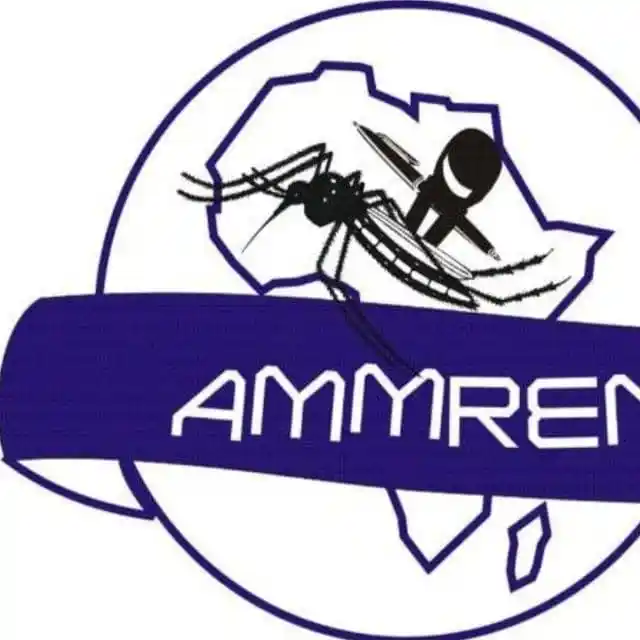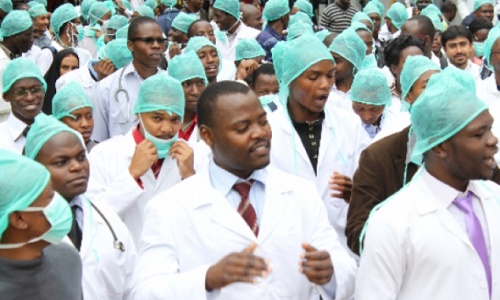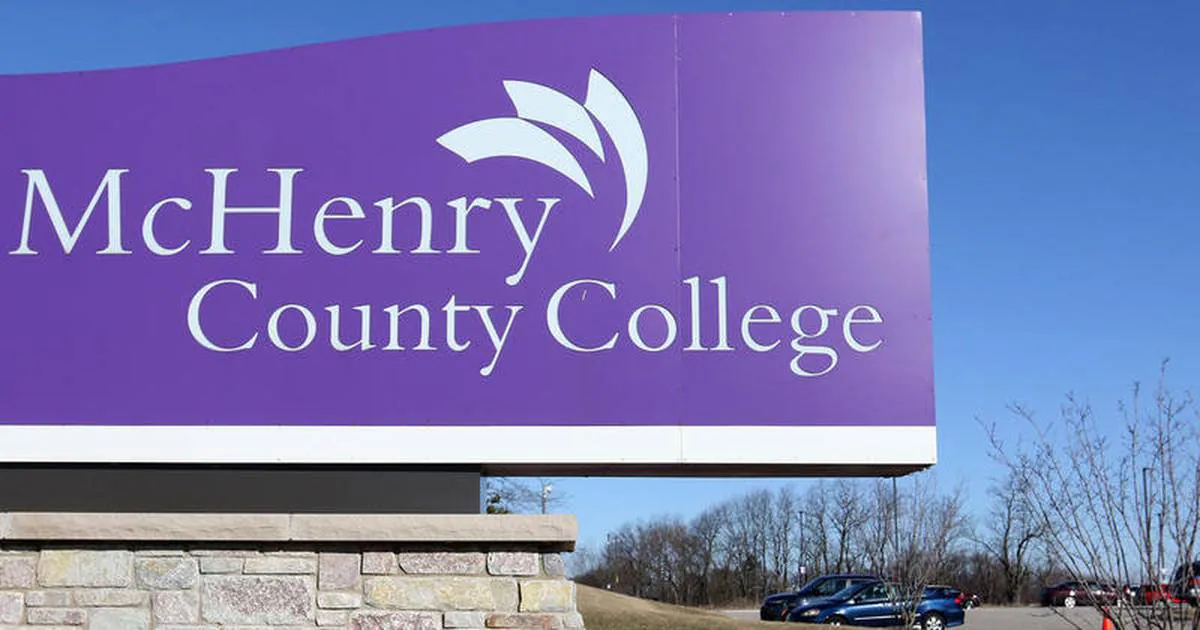Copyright gbcghanaonline

By Michael Kofi Kenetey The Acting Chief Executive Officer National Vaccine Institute, NVI, Dr. Sodzi Sodzi-Tettey has lauded the indispensable role the media play in advancing scientific and technical progress, public understanding and trust on vaccine information. Dr. Sodzi-Tettey reiterated that journalists serve as the bridge between scientific information and the perception of the public, adding that stories told by the media help shape how people think, feel, and respond to health interventions. He was speaking during an online webinar for journalists on Strengthening Vaccine Communication in Ghana, which was organized by the African Media and Malaria Research Network, AMMREN in collaboration with the National Vaccine Institute, NVI and the Ghana Health Service, GHS. Dr. Sodzi-Tettey hinted that during the COVID-19 pandemic, misinformation spread faster than the virus itself, adding that falsehoods about vaccines undermine public confidence and delay lifesaving interventions. He said this experience shows that accurate and responsible reporting is a matter of national health security, and training and workshops are therefore important to help journalists gain a more profound understanding of health and vaccine science, ask informed questions, interpret data responsibly, and report with both accuracy and empathy. Dr. Sodzi-Tettey said the institute views partnership as a long-term partnership, adding that health communication is not just a one-time effort but rather a continuous collaboration between scientists, health professionals, and the media. He noted that by working together, through evidence-based communication, fact-checking, and context-driven storytelling, the media can help dispel myths, encourage vaccine acceptance, and strengthen confidence in Ghana’s health system. The Executive Director of the African Media and Malaria Research Network, Dr. Charity Binka, emphasized that vaccines remain one of the most effective public health interventions in human history that have saved millions of lives and continue to do so. However, the power of vaccines can only be realized when people trust and accept them. She reiterated that currently, misinformation, vaccine hesitancy, and limited understanding continue to threaten the progress of vaccination. This has become necessary for strengthening vaccine communication, and building the capacity of the media is crucial. Recently, misinformation and public mistrust have become major threats to vaccine confidence in Ghana and across the world. Dr. Binka noted that the media can be relied on as trusted voices and educators in pushing the vaccine agenda, adding that journalists translate scientific data into human stories, hold leaders accountable for equitable access, and help dispel myths that endanger lives. To perform their role effectively, journalists need training, access to credible health information, and partnerships with public health experts. She hinted that building media capacity in vaccine uptake is therefore an investment in national health security, adding that AMMREN has been working closely with the GHS (EPI), WHO Ghana, and other stakeholders to build the capacity of a pool of journalists on vaccine reporting over the years.



